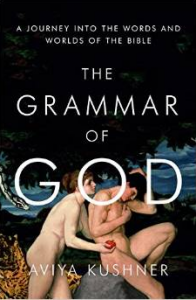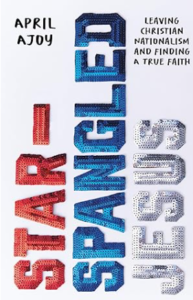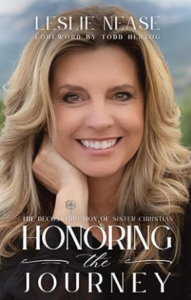“We, the collective we, have perceived GOD to be an inaccessible superhuman, which locates GOD outside and beyond us,” writes Linda Martella-Whitsett in the introduction of her book Divine Audacity. “I propose there is no such God.” Rather the author emphasizes that the Spirit of God is within all of us, a Spirit we can tap into to live from our own “divine audacity.”
Martella-Whitsett’s view of God is representative of New Thought teaching – a different approach to spirituality than traditional Christian theology. I like in Divine Audacity how the author expands on her teaching presented in How To Pray Without Talking to God, one of the best books I reviewed in 2012.
In part one Divine Audacity Martella-Whitsett attempts to make the reader comfortable with the idea that he or she has the Spirit of God within. “Most people either shy away from or reject outright the audacious claim of Divine Identity,” she writes. It was a difficult transition for her. “I was nervous because the kind of inner attunement (my teacher) promoted was dramatically at odds with my childhood faith,” she says. It is at odds with my childhood faith, too. If the words “I am God” sound extreme and heretical, I suggest not letting those words lead you to reject Martella-Whitsett’s teaching. Instead read Divine Audacity for ideas about living from the potential that resides within you, without labeling that potential as “God”.
In the second part of the book, she presents her “divine audacity” ideas divided into twelve chapters:
Each chapter gives tips on allowing that aspect of your divine audacity to flourish in your life. I like how Martella-Whitsett gives easy to understand examples in making her points. In The Light of Imagination chapter, for instance, she writes about dealing with difficult family issues. “We can revise history. We can tell ourselves a different story about our past, one that breaks the chains of habitual assumptions.”
Each chapter also has a concluding “Practice” section with practical exercises. In the Imagination chapter one exercise is “Rewrite a painful story from your past, reinterpreting it in a way that strengthens you and lifts you up.” I found the Practice sections especially helpful in a group discussion about the book that I participated in, as the exercises led people to deeply share from their own lives.
“Moment by moment, choice by choice, you decide whether you are only human or you are divine,” Martella-Whitsett concludes in the book’s final pages. Spiritual growth doesn’t come easy, it’s something you have to work at. That’s the main message I received from Divine Audacity, with many suggestions on how to live from Spirit every day.
Next week: My top 5 books of 2016.




